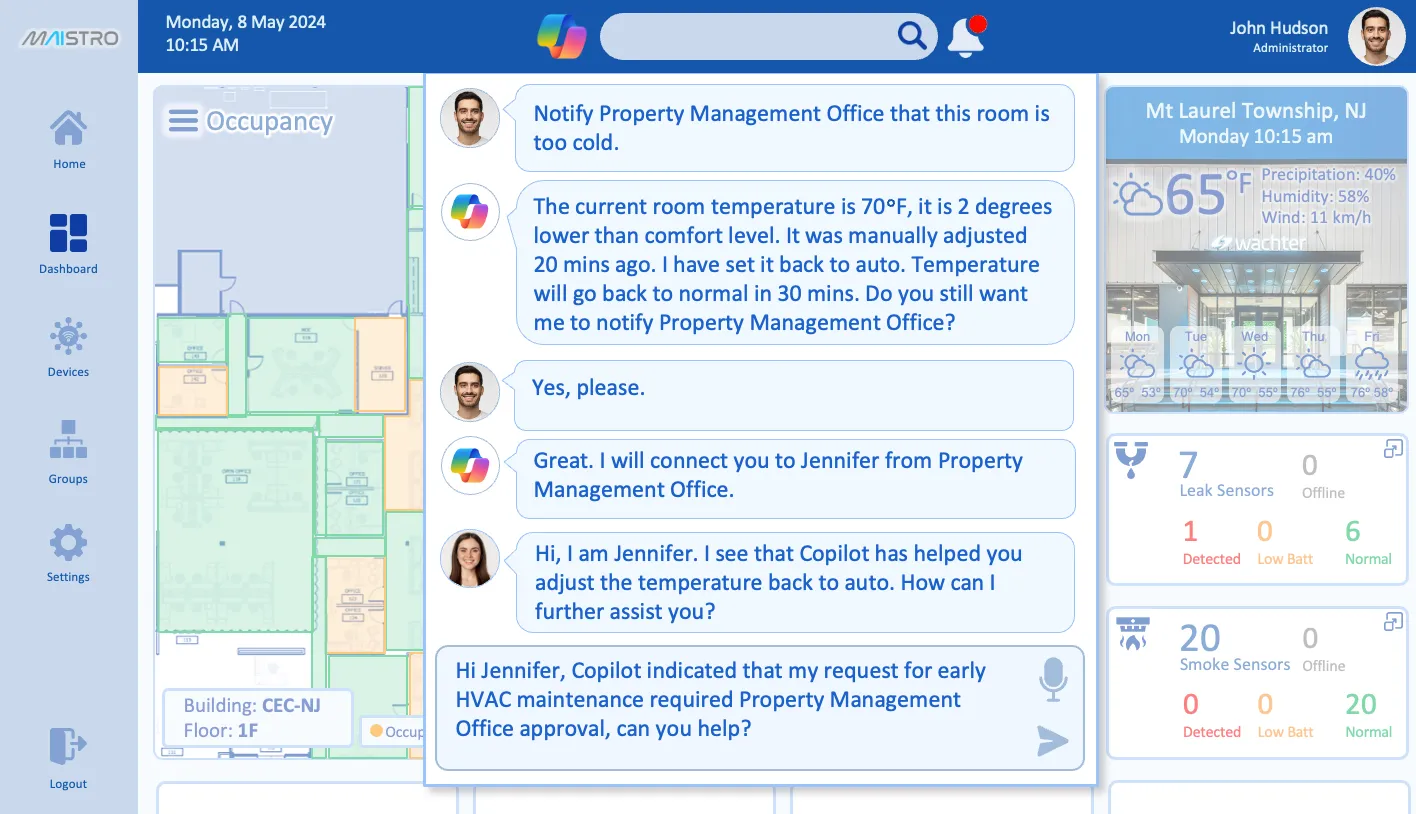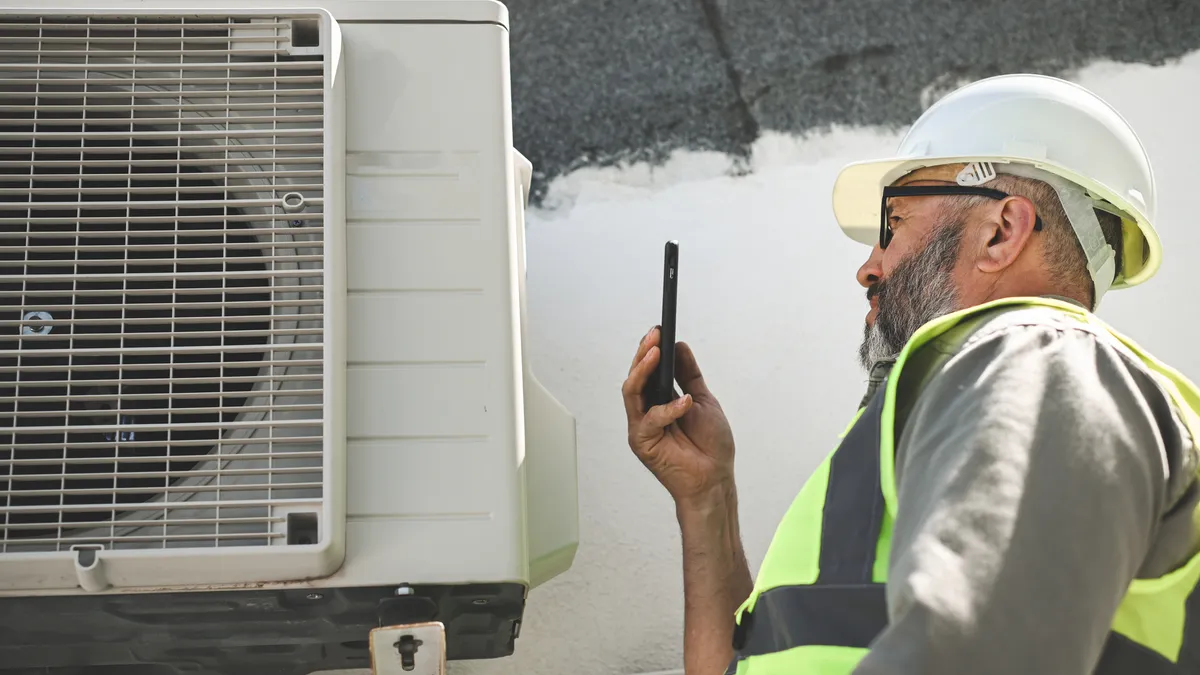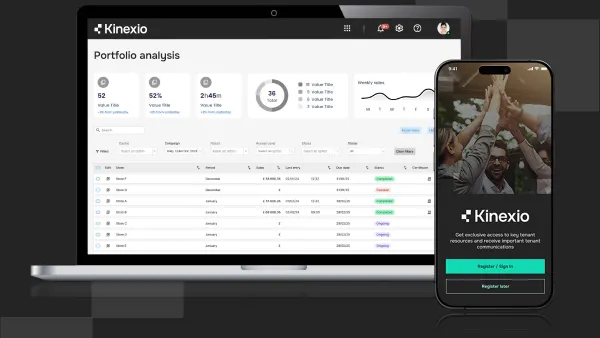Dive Brief:
- Scenera is adopting Copilot, Microsoft’s generative AI tool, to strengthen the performance of MAIstro, its AI-powered software-as-a-service platform for facilities management, according to a news release shared with Facilities Dive.
- Microsoft Copilot is a natural language interface that uses AI-driven algorithms to understand and respond to inputs from users, Scenera said. The Copilot integration will allow MAIstro users to pose queries directly to the platform rather than interpret data and insights displayed on a digital dashboard, which can be overwhelming, said Scenera Chief Scientific Officer Patryk Laurent.
- The integration is expected to lower the barrier property owners and operators face in accessing and analyzing data in real time and implementing predictive modeling, the Palo Alto, California-based company said. By gaining insights into tenant behaviors and preferences, property owners can adapt their facilities to address evolving occupant needs, according to Scenera.
Dive Insight:
Scenera’s announcement reflects a trend toward generative AI deployment in the commercial real estate and facilities management industries as companies seek to increase their operational efficiencies.
Last year, JLL introduced a customizable large language model for its global workforce and clients in the commercial real estate sector. In a similar vein, Cushman & Wakefield rolled out generative AI-powered assistants as part of a move to embed AI across the transaction lifecycle to help employees with everyday tasks and increase staff productivity. Earlier this year, BrainBox AI also debuted a generative AI-powered building management assistant that it claimed could slash HVAC energy costs by up to 25% and greenhouse gas emissions by up to 40%.
Facilities management solutions based on large language models make it easier for facilities managers and staff to access and interpret the wealth of data generated by on-site systems and building sensors, Laurent said.
Copilot helps MAIstro combine building data with facility operating procedures to recommend staff actions, Laurent said. The adoption of Microsoft Copilot enables Scenera to create “private and per-customer” LLM instances that can further be refined for specific areas of responsibility, like building energy management or janitorial maintenance, he said.

For example, a custom LLM tuned for janitorial staff could use door sensors to track restroom visits and compare the data against customized maintenance rules, such as the number of visits after which the restroom should be serviced, Laurent said. With the Copilot integration, staff can now ask MAIstro whether a particular restroom needs attention and receive an accurate answer that incorporates real-time visitor data, he noted.
“This capability is not just about the data, but about the procedures,” Laurent said. Synthesizing facility data with operational workflows is especially useful for franchise businesses, which typically have extensive in-house procedure documentation, he added.
Copilot's natural language capabilities will also improve the adaptability of MAIstro’s AI algorithms by incorporating changes in building operational procedures, “ensuring that the platform evolves to meet the changing needs of the facility over time,” Scenera said in its news release. Combining AI with Internet of Things technologies and incorporating generative AI into its applications have been part of Scenera’s strategy for helping customers organize operational data, Scenera previously told Facilities Dive.
Through the Copilot integration, U.S. system integrator Wachter, which uses Scenera’s MAIstro platform, expects to bolster its efforts to deploy AI-driven solutions that can provide intelligent workflows and help its own clients improve their operational efficiency and decision-making, Matt Tyler, vice president of strategic innovation and business development at Wachter, said in a statement.
Wachter intends to showcase a fully integrated, Copilot-powered version of MAIstro in its Mount Laurel, New Jersey, customer experience center within the next few weeks, which will improve the solution’s visibility in the marketplace, Laurent said. An as-yet-unnamed customer is testing the solution for a safety and security use case, and “the next step is general availability for anyone who signs up,” he said.
According to Laurent, MAIstro is already popular with major retailers, such as the South Korean convenience store chain GS25, and it holds promise for operators of large office buildings with complex security and energy management needs. The customer testing the platform’s safety and security capabilities is particularly concerned about issues like loitering in public areas, unauthorized access to secure areas and the need to detect and resolve safety events like liquid spills and unattended electronic devices, Laurent noted.










